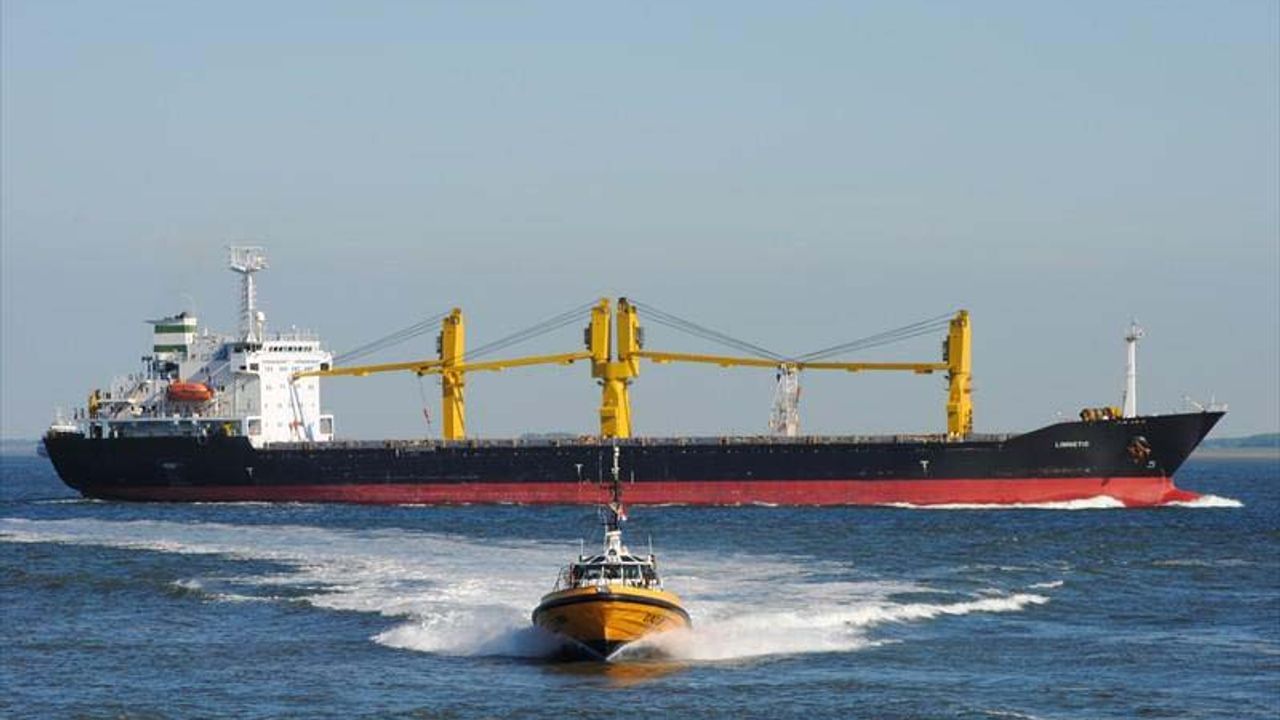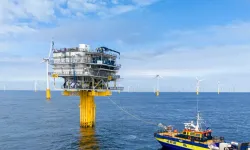Notably, the vessel has relocated from its initial position in the Babel Mandeb to a location situated between Djibouti and Yemen.
Maritime analysts are beginning to scrutinize these simultaneous maneuvers, contemplating the existence of a deliberate coordination between the Houthi attacks and the Iranian naval presence. The sustained targeting of infrastructure and ongoing efforts by the Houthi forces has sparked speculation of direct Iranian support.
The same ship, Behshad, an Iranian ship registered as a general cargo vessel, had been spotted as a spy ship before by CNN, according to satellite imagery.
Is it a coincidence that the #Houthi shifted attacks to the #GulfofAden and at the same time the Iranian Base ship #Behshad shifted from its position in the #BabelMandeb to one between Djibouti and Yemen? pic.twitter.com/4VB3RrOjuu
— Sal Mercogliano (WGOW Shipping) 🚢⚓🐪🚒🏴☠️ (@mercoglianos) January 13, 2024
While the ability to strike Houthi infrastructure persists, experts argue that addressing the issue at its root – the alleged Iranian backing – is imperative to mitigate the impact on the region. The ease with which the Houthis can potentially disrupt shipping in the Gulf of Aden adds a concerning dimension to the evolving maritime dynamics.
Observers suggest that the Red Sea is gradually becoming an arena for a more direct confrontation after the United States got involved.
As these maritime developments unfold, the international community remains vigilant, closely monitoring the situation in the Gulf of Aden and the broader Red Sea region.






